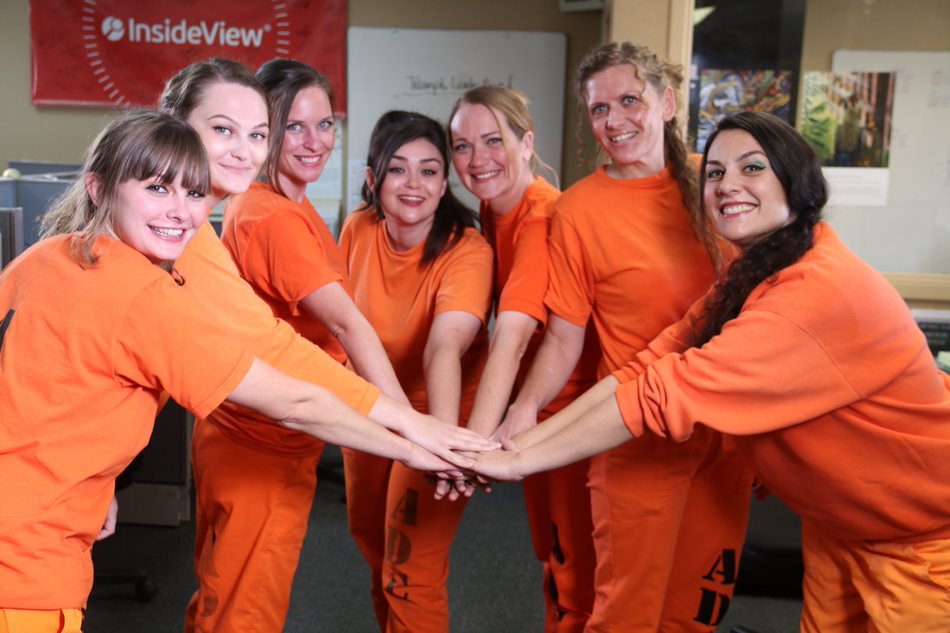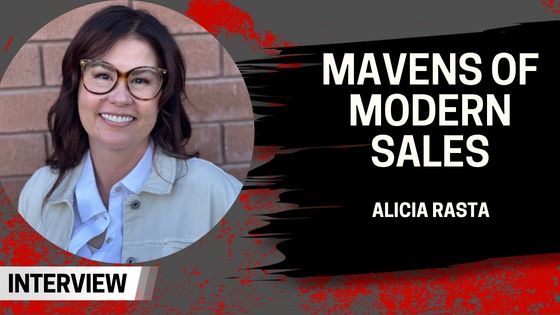From prison numbers to my people: My journey toward understanding incarceration
Social media is both a blessing and a curse for me. I love the connectivity it offers and the ability to engage with diverse perspectives from all corners of the globe. Yet, it can also wear me down with its negativity. I found myself recently deflated by a bitter exchange aimed at kids in prison (and let’s get real, “kids in prison” shouldn’t even be in our vernacular much less a reality). Intellectually, I understand that the voices on social media only represent a fraction of the world’s opinions. Emotionally, however, the vitriol and hostility thrown at justice-involved individuals get under my skin.
As I read those comments, I wondered, “Was I ever like those commenters?” It’s tough to say, but I think there was a time when I had similar negative thoughts tucked away. I wasn’t always the person I am today. This realization pushed me to address this issue head-on. It’s high time we started talking seriously about second chances.
A few years back, I took up the role of head of Marketing and Communications at Televerde, a for-profit company investing extraordinarily in the incarcerated community. This role threw me into the heart of the incarceration system. Before stepping into this world, my understanding of prisons and prisoners was shaped by stories in the media and TV shows like “Orange Is the New Black” and “Oz.” Those behind bars were distant, anonymous figures in a system I barely understood. They were mere statistics on a page, cold and impersonal.
Things changed dramatically during my tenure at Televerde. I began to see these individuals beyond their prison numbers, appreciating the context behind each crime and the chain of events leading up to it. I realized that understanding, empathy, and forgiveness were not only possible but necessary. It was a shift in perspective that forever changed the way I view incarceration and second chances.
An Unexpected Education
Most of my friends and colleagues today have prison records. And that’s just fine with me. These remarkable individuals, each with their unique stories of struggle and redemption, have become my unexpected teachers. From them, I’ve gained a deeper appreciation for my life and the opportunities I’ve been blessed with.
For most of the women I interact with, their stories highlight a stark reality – a lack of opportunity and insufficient support from within families and communities often steers individuals down a path of crime. This spirals into a cycle of incarceration that is dauntingly challenging to break. The United States’ three- and five-year recidivism rates of 68% and 79%, respectively, testify to this fact.
The magic of rehabilitation and reentry programs comes into play in the middle of this bleak picture. These programs are like lifelines, throwing a rope at those stuck in the cycle of incarceration, giving them a real shot at becoming productive members of society again. And we need more of these, not less. They can turn things around for individuals and their families and even put a serious dent in crime rates. For example, research shows that those who participate in correctional education programs have 43 percent lower odds of returning to prison than those who do not.
A Call for Nuance and Understanding
But here’s the problem: when discussing second chances and rehabilitation, we find ourselves smack in the middle of a tug-of-war between two extremes. On the one hand, the far left is ready to shout “exploitation!” when they hear about any for-profit company hiring prison labor. No questions asked! On the other hand, the far right thinks that once you’re a felon, you should carry that label for life.
These black-and-white stances…they’re just not helping. They’re shortsighted, and frankly, dangerous. They stall our progress and throw a wrench in the work of redemption, a cornerstone of our society. Denying someone a chance at turning their life around is like turning your back on what America stands for—freedom, justice, and forgiveness.
Being patriotic isn’t just about waving flags or singing the national anthem. We stand up for our values in our daily choices and actions (including what we write on social media!), even when it’s difficult. We give second chances because it’s the right thing to do, not because it’s convenient. We believe in the power of change and rehabilitation, even if others are skeptical.
Reflecting on the social media exchanges I’ve seen and my past biases, I realize that change is a process. for individuals and societies alike. In extending second chances to those who are or were incarcerated, we’re not only making a difference in their lives but also reinforcing the fundamental ideals our nation stands on.
So, I’m asking you, just as I asked myself not too long ago, to reconsider your views on incarceration and second chances. Look beyond the prison numbers and see the potential these individuals have. Let’s challenge the status quo and tap into the transformative power of second chances — for them and us.
Because, in the end, aren’t we all works in progress? Always learning, growing, and deserving of chances to become better versions of ourselves. I know I am, and I hope we can all continue on this path of understanding and compassion together.
This article originally appeared on Intelligent Sourcing.


